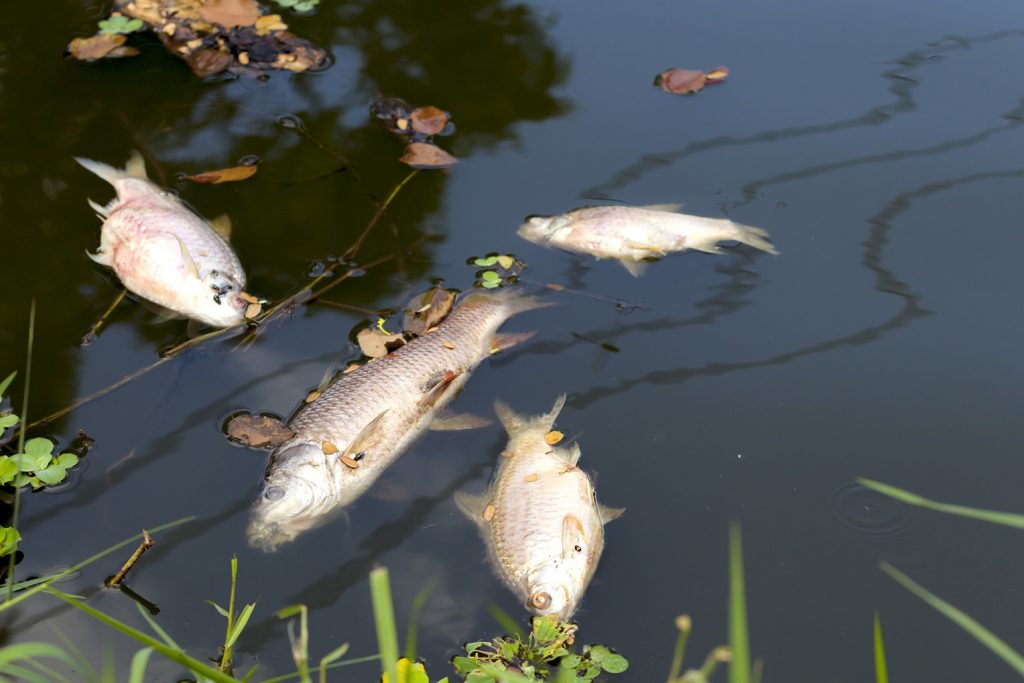Controversial Pesticide Naled Sprayed Over Miami to Combat Zika

The Miami-Dade County Public Works and Waste Management Department began aerial spraying of the pesticide Naled over Miami, FL on Aug. 4, 2016. The spraying campaign, focused on the city’s Wynwood area, is targeting the Aedes aegypti mosquito which has been known to carry the Zika virus. Naled is sold under the brand name Dibrom, and is an organophosphate…
Refrigerant Gas Freon Being Phased Out by EPA

The U.S. Environmental Protection Agency (EPA) is phasing out the production of Freon (R22)—the most widely known brand name for Chlorodifluoromethane, a stable, colorless, nearly odorless refrigerant gas of the chlorofluorocarbon family. It is used in a wide range of cooling environments, from refrigerators to freezers, all types of air conditioners, heat pumps…
Pesticides, Birth Defects and Brain Damage in Children

The recent number of articles in the popular press concerning loss of intellect among children exposed to chlorpyrifos is important in the use of this pesticide. Although in-home use of chlorpyrifos was restricted in the U. S in 2000, it is widely used in agriculture, and is a serious risk to health and intellect for people working and living in proximity to fields. Detectable levels…
New York Aerial Sprays Altosid and VectoBac Pesticides to Combat Zika
The New York City Department of Health and Mental Hygiene is spraying city neighborhoods against mosquitoes that may carry and spread the Zika virus, which officials at the U.S. Centers for Disease Control and Prevention (CDC) and National Institutes of Health (NIH) have concluded is the cause of the infant birth defect microcephaly. New York City public health officials…
The Environmental Tragedies of Vaccines

Concerns over the physiological effects of vaccines on humans are widely discussed but the public conversation about vaccine risks rarely focuses on the detrimental impact on our environment? Unfortunately, vaccines not only cause harm to individuals but also pose serious threats to our environment and ecosystems—an issue that deserves more attention…
Study Links DDT Exposure and Breast Cancer
A new study published in the Journal of Clinical Endocrinology and Metabolism has found a strong link between exposure to the chemical pesticide DDT and cancer. The research findings, reported by NBC News, shows that women whose mothers had DDT in their blood while pregnant were almost four times more likely to develop breast cancer than their counterparts.
